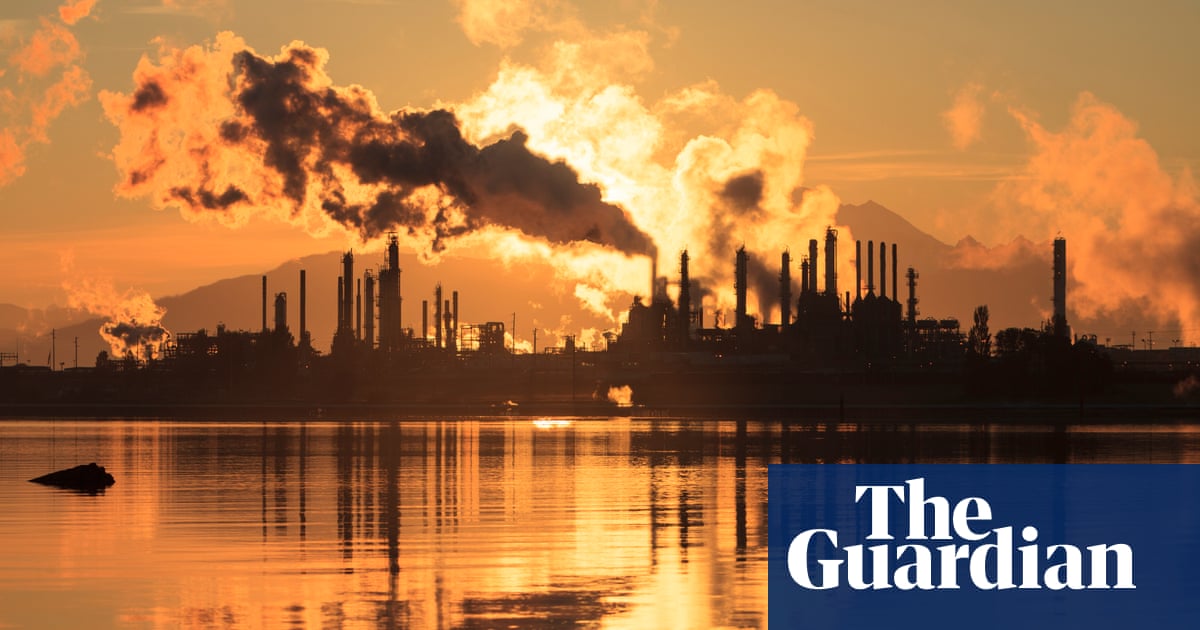The energy giant Shell has quietly backed away from a pledge to rapidly increase its use of “advanced recycling”, a practice oil and petrochemical producers have promoted as a solution to the plastics pollution crisis.
“Advanced” or “chemical” recycling involves breaking down plastic polymers into tiny molecules that can be made into synthetic fuels or new plastics. The most common form, pyrolysis, does so using heat.
Shell has invested in pyrolysis since 2019, touting it as a way to slash waste. That year, the company used oil made via pyrolysis in one of its Louisiana chemical plants for the first time. And it began publicizing a new goal for the technology: “Our ambition is to use 1m tonnes of plastic waste a year in our global chemicals plants by 2025.”
But recently, the company rolled back that promise with little fanfare: “[I]n 2023 we concluded that the scale of our ambition to turn 1m tonnes of plastic waste a year into pyrolysis oil by 2025 is unfeasible,” it said in its 2023 sustainability report, published in March.



Water is wet.
Pope shits in woods etc